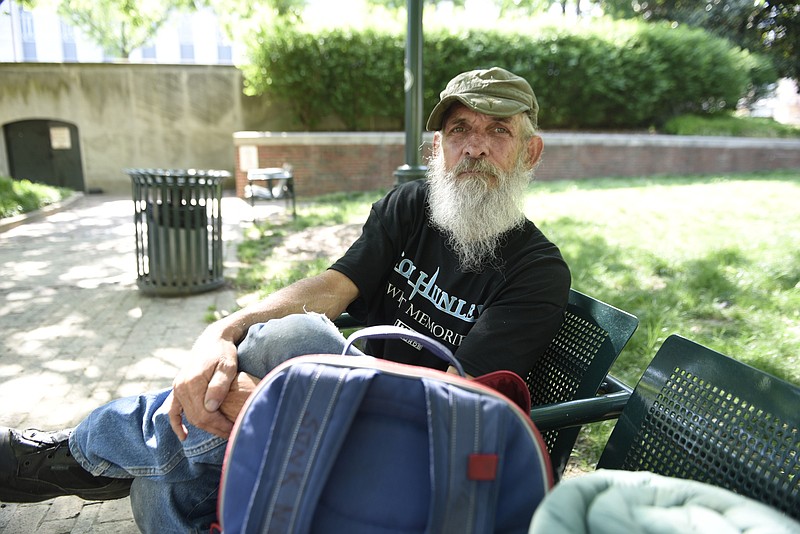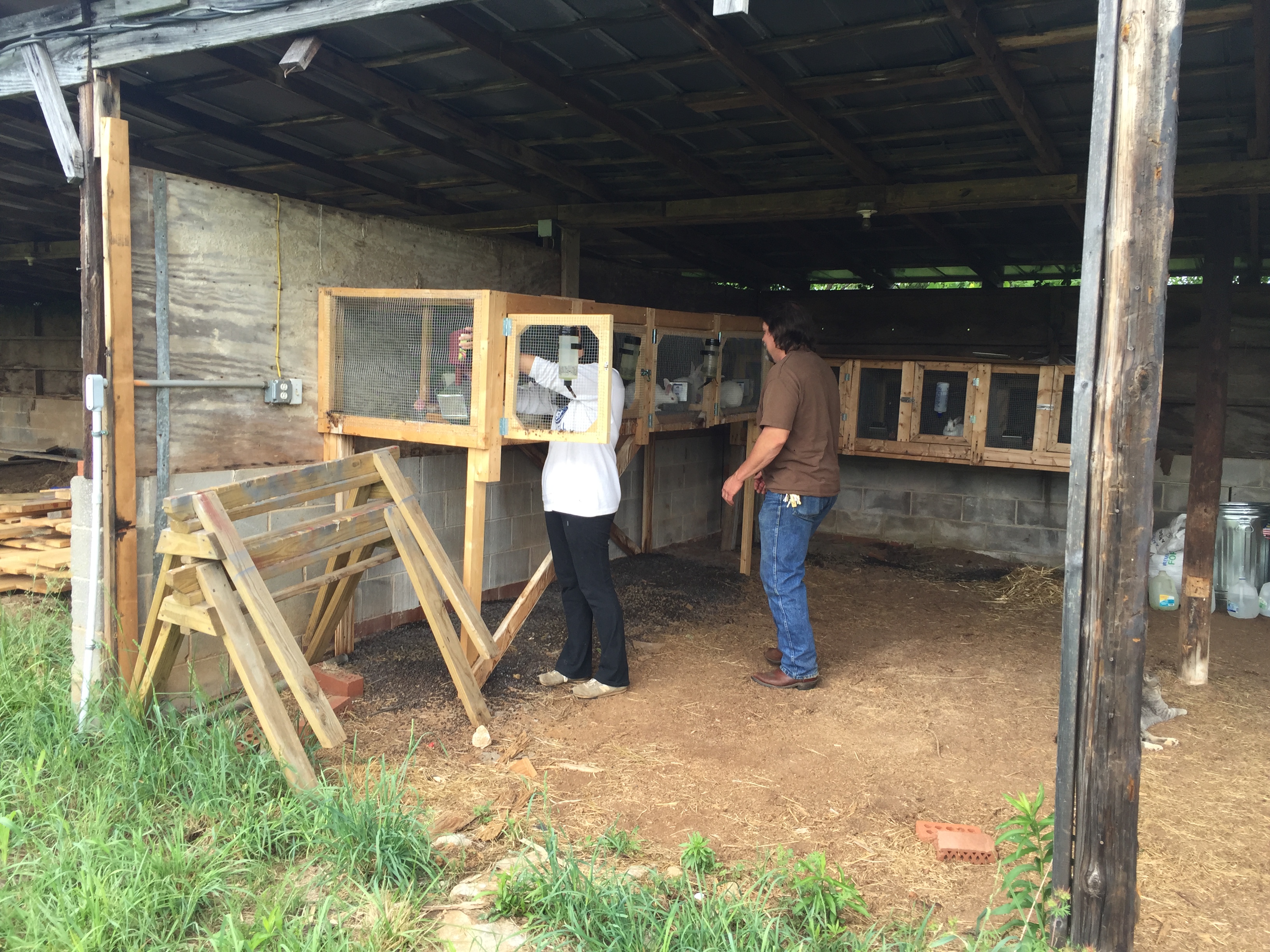Ooltewah residents recently suffered a classic case of NIMBY-ism - a not-in-my-back-yard reaction to a proposal to help homeless people get on their feet again.
You know - homeless folks like we often see around the soon-to-be-extinct fountain at Miller Park in downtown Chattanooga.
Meanwhile, downtown dwellers are having a similar reaction to change (this one a-not-in-my-parking-place - NIMPP-ism) reaction as developers who already benefit from tax breaks ostensibly to provide affordable (usually not) housing also hope to spend less money if they don't have to provide parking accommodations in next year's development proposals.
So prepare for a continuing clash or two in coming months - starting with the homeless ministry that wanted to use a Snow Hill farm where it raises vegetables, chickens and rabbits to also help build a community of almost three dozen tiny homes to provide low-cost housing for those rebuilding their lives. Not surprisingly, current Ooltewah residents asked local planners to block any building of 300-square foot homes there.
Meanwhile, in downtown Chattanooga, street corners are awash with new construction of tiny apartments and condos like the 350-square-foot apartment renovations of hotel rooms at the Chattanooga Choo Choo. Think of it: taxpayer-subsidized hotel room-sized apartments for a not-so-affordable $750 a month.
This is the general backdrop of a mid-sized city's growth that emphasizes winners and losers. Downtowns need both residents and innovative businesses to thrive. The trick is to raise the boats of the whole city, not just the yachts.
No, of course these bedroom-sized downtown homes at $750 a month do not conform to normal people's definition of an affordable "home." But thanks to city contracts for tax breaks that were not strictly enforced or even enforceable made during the Bob Corker and Jon Kinsey mayoral years, developers have been able to laugh all the way to the bank. Now they hope to do the same by skirting requirements for parking. Mayors Kinsey and Corker also were developers, you might recall.
These problems - developer deals in Chattanooga and homeless tiny houses in Ooltewah - might seem disparate, but they actually are closely related.
With downtown rents and condo prices climbing ever higher, it's little wonder that we see homeless people in a city that between 2007 and 2009 had the second highest rise in poverty in the nation. According to the Brookings Institution, Chattanooga is 12th in nation for economic inequality, and has the 7th lowest pay in the U.S. for someone with a bachelor's degree. Volkswagen, which received $800 million in public subsidies from our city and county and state, pays its workers - our workers - the lowest-paying wage of any autoworker in America.
Might there be a trend here?
A local watchdog group, Accountability for Taxpayer Money founded by retired city planner Helen Burns Sharp, thinks the answer lies in following the money. She has. And she says there's no proof any of the deals made over the last 14 years have produced a single affordable rental unit.
Today's Mayor Andy Berke, who loves to make policy based on data and outcomes, reinstated the lapsed PILOTs program in 2012, saying it was "crucial" to lowering rents downtown. But now he says he and his staff have been actively discouraging developers for months from applying for PILOTs in downtown development. Last year, the city approved five new ones, including the hotel room/apartment conversions at the Choo Choo. None of the newest five is completed yet, so Berke says it is too soon to see of the newest tax breaks will offset housing costs.
Frankly, the tiny house/tiny farm idea is an absolutely wonderful one - especially in Chattanooga where more affordable housing is sorely needed. The trouble is it doesn't mesh well with the trendy image downtown movers and shakers want for the Gig City and its innovation zone rife with traffic-strangling bike lanes.
"This (the tiny house/farm complex) would provide a great opportunity for people who are working and needing affordable housing to be able to live in a community of tiny homes and perhaps also work on our farm to get healthy food," said Rev. Barry Kidwell, a longtime homeless minister who heads Mustard Tree Ministries in Chattanooga and an associate pastor at First Centenary Church in Chattanooga.
But the idea was not popular with the Ooltewah Citizens for Responsible Growth, who said Ooltewah lacks mass transit, and they don't want it on the Kidwell ministry's 16.8 acre farm on Snow Hill Road where Kidwell's children live and work.
"The people who will generally be living in these 'small homes' will be those who need more intensive services than can be provided at this location," the group said in a petition. It seems code for a these-people-are-trouble attitude.
Kidwell counters that residents who rent the tiny homes will be required to pass drug tests and "go through a stringent background check."
Perhaps if Chattanooga in the past had been as particular about writing developer contacts for tax breaks, Kidwell wouldn't have had a reason to think about tiny houses on a farm in Ooltewah.

